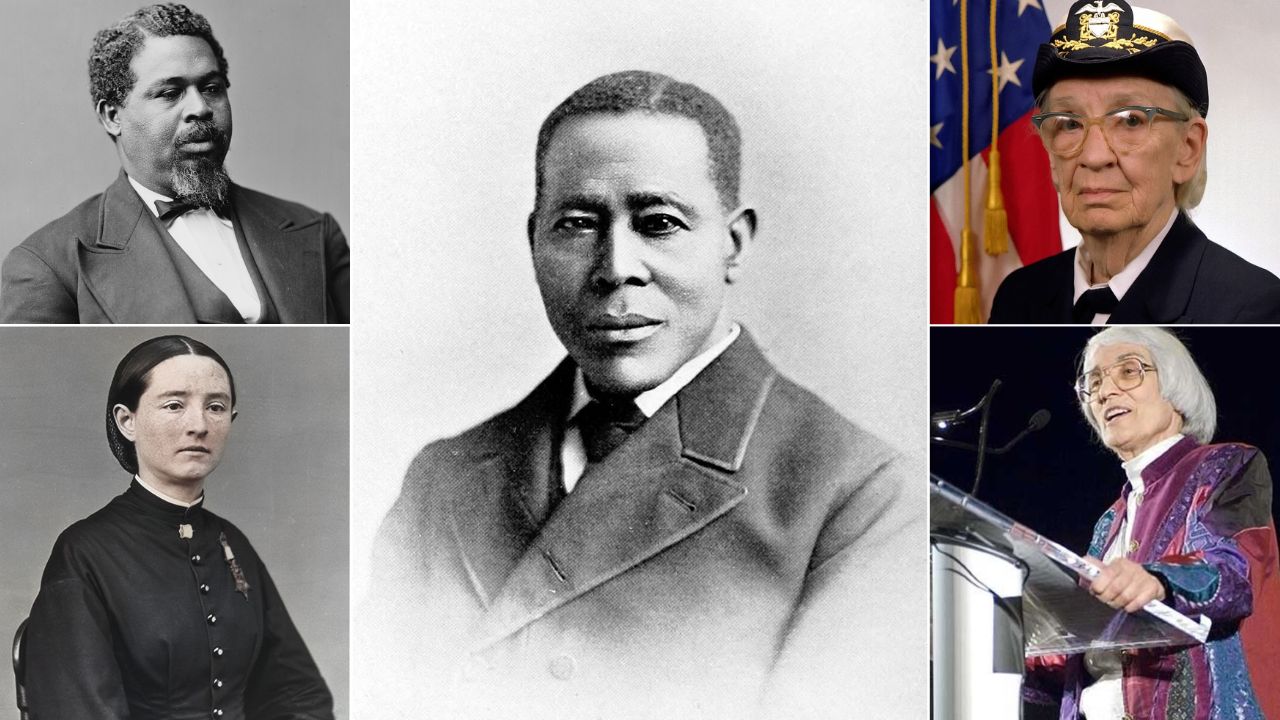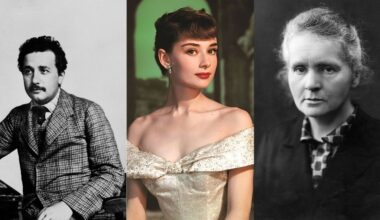Many important figures in American history remain largely unknown despite shaping the nation in powerful ways. These overlooked leaders spearheaded reforms, inspired movements and drove technological breakthroughs. Their stories rarely appear in standard textbooks but their legacies touch our lives today. From battlefield innovators to social activists and technological pioneers, these ten forgotten leaders deserve renewed recognition. Rediscover their achievements and see how their vision helped build the country we know. Learning about these pioneers reveals new perspectives on America’s past and guides our future.
1. Bayard Rustin
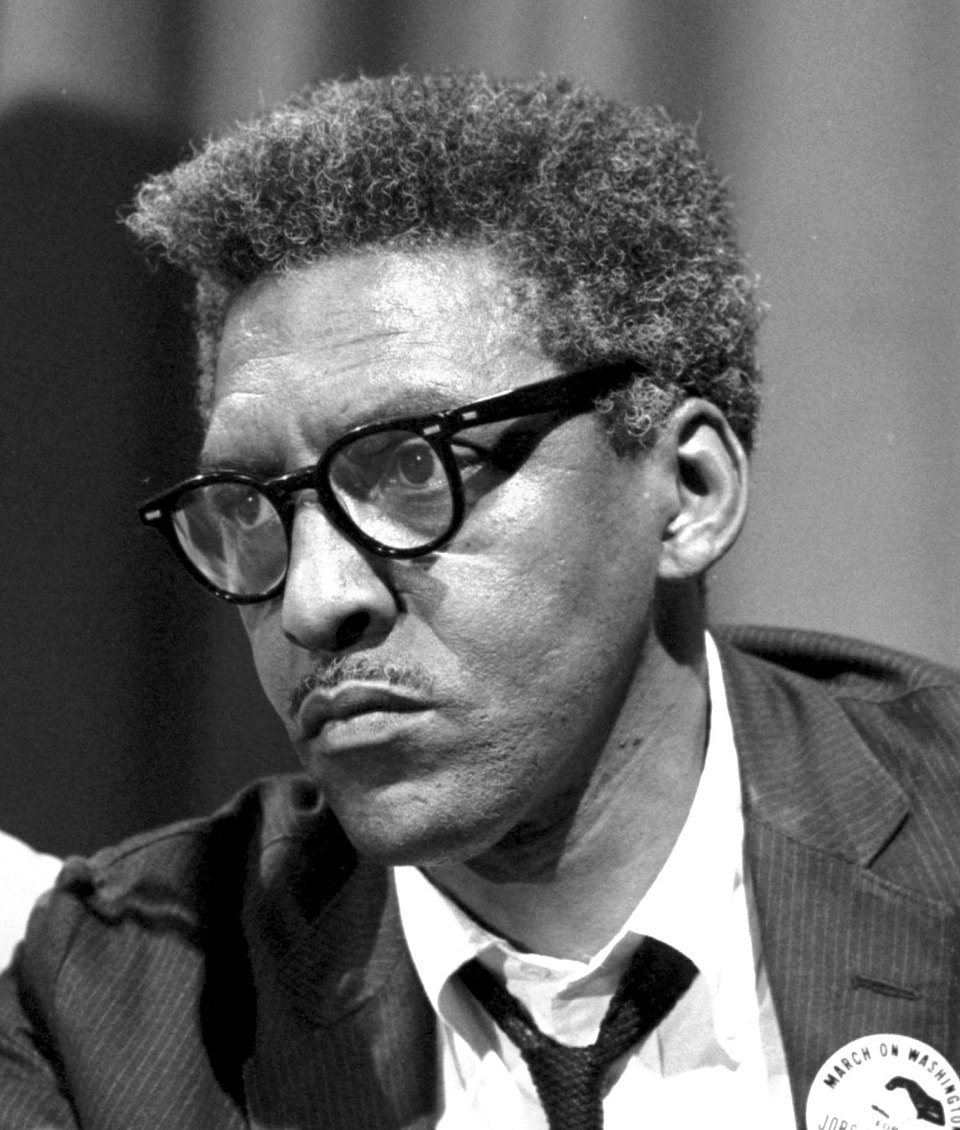
Bayard Rustin organized the 1963 March on Washington and designed the nonviolent tactics that became the civil rights movement’s hallmark. He forged alliances across political and religious lines and advised key leaders on strategy and logistics. Despite his central role, his contributions were often downplayed because of prejudice against his identity. Modern historians now credit Rustin’s strategic genius with securing landmark legislation and inspiring generations of activists. His legacy endures in every peaceful protest that follows his model of disciplined, collaborative action.
2. Sybil Ludington
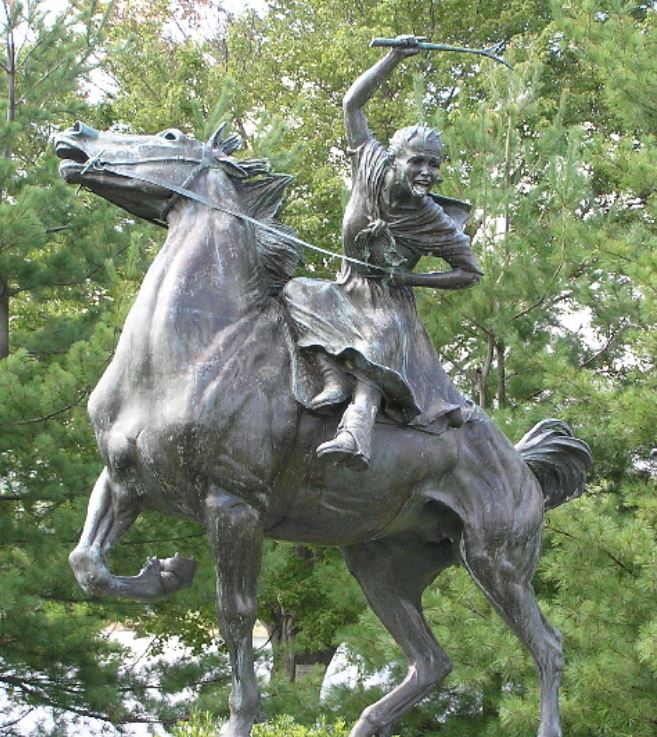
At age sixteen Sybil Ludington rode forty miles on a dark April night to warn colonial militias of an impending British attack. She covered twice the distance of the more famous ride yet her story vanished from early school lessons. Her warning allowed local forces to mobilize and repel the assault, bolstering revolutionary morale. Today her feat stands as a testament to youthful courage and quick thinking. Historians honor Ludington’s ride as a vital spark in America’s fight for independence and female leadership.
3. Mary Edwards Walker
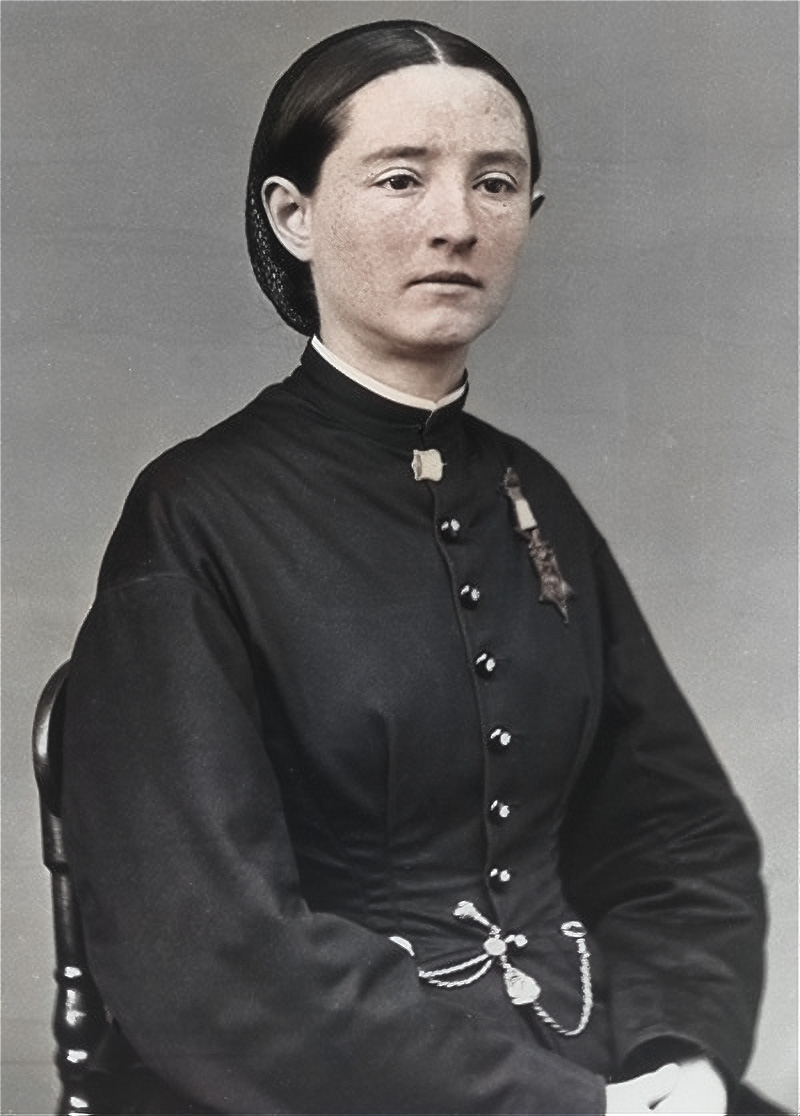
Mary Edwards Walker served as a surgeon during the Civil War and remains the only woman awarded the Medal of Honor. She crossed battlefield lines to treat the wounded, challenged uniform rules with practical attire, and championed women’s rights afterward. Walker led campaigns for dress reform and equal treatment under the law. Although her medal was briefly rescinded, it was restored decades later, reflecting overdue recognition of her service. Her groundbreaking medical work and advocacy helped expand opportunities for women in medicine and public life.
4. Peter Francisco
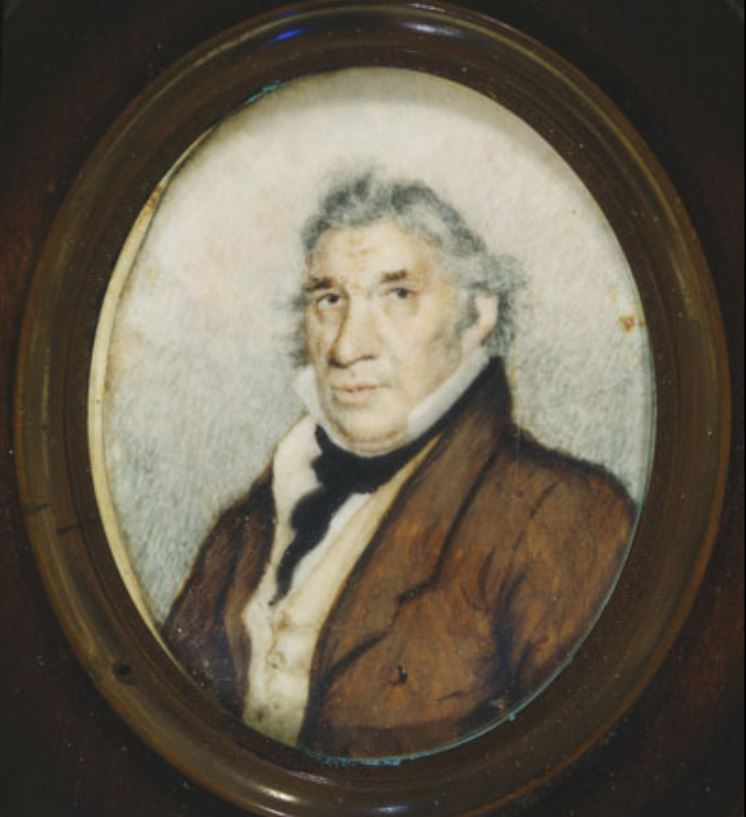
Known as the Virginia Giant, Peter Francisco fought in major Revolutionary War battles with unmatched bravery. Standing over six feet tall, he carried heavy weapons and rallied troops during critical moments. Local legends grew around his strength and fearlessness. After the war he settled quietly in Richmond but remained revered by fellow veterans. Although overshadowed by more famous commanders, Francisco’s heroic actions boosted Patriot morale and contributed to victory. Today scholars highlight his role as a vivid example of individual valor shaping America’s founding struggle.
5. Robert Smalls
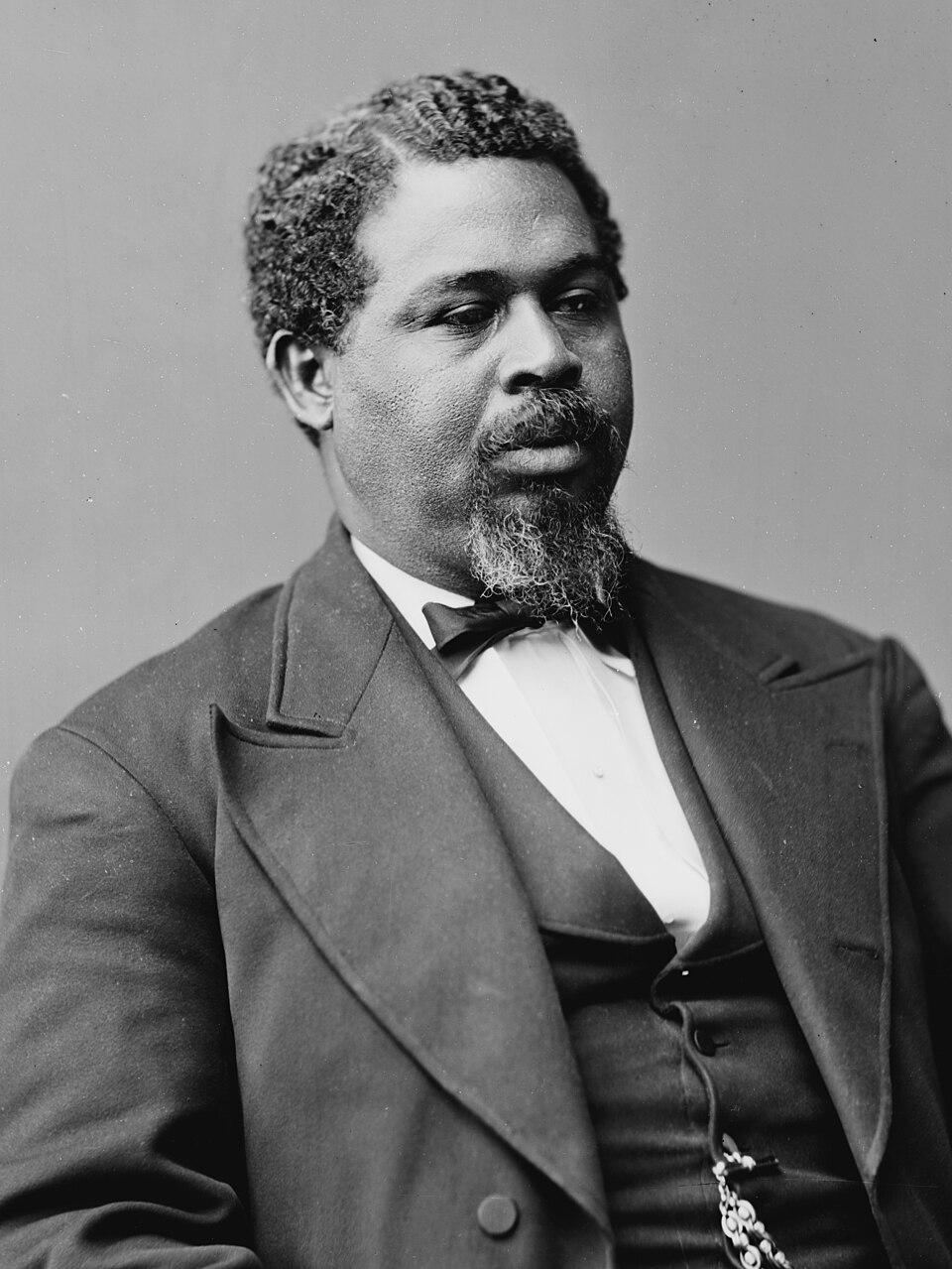
Robert Smalls seized a Confederate transport ship in 1862 and delivered it to Union forces, winning his freedom and sparking his naval career. He then served as a captain in the Union navy and later represented South Carolina in Congress. Smalls fought for public education and laws banning gender discrimination in transportation and schools. Despite his trailblazing work during Reconstruction, his name is seldom taught widely. Historians now recognize Smalls as a pioneer of Black political leadership whose courage and vision laid groundwork for civil rights progress.
6. William Still
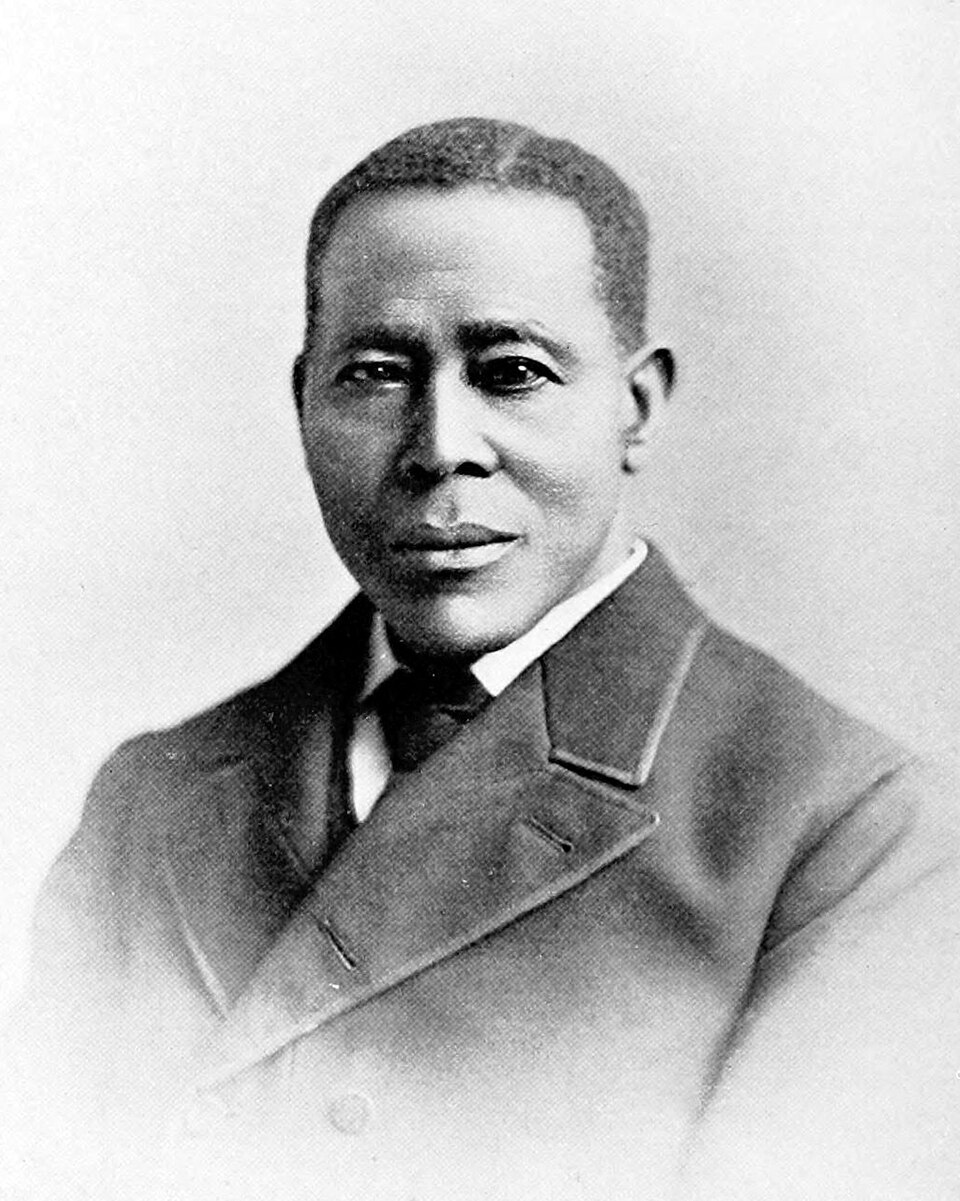
Called the Father of the Underground Railroad, William Still operated a Philadelphia station that aided hundreds of people escaping slavery. He meticulously recorded each individual’s story, creating vital records for families searching for loved ones. After the Civil War he published these narratives to raise awareness and support for equal rights. Still’s work inspired legal challenges to slavery and shaped public opinion. His leadership in coordinating escape routes and documenting human experiences remains a foundational example of grassroots advocacy and historical preservation.
7. Grace Hopper
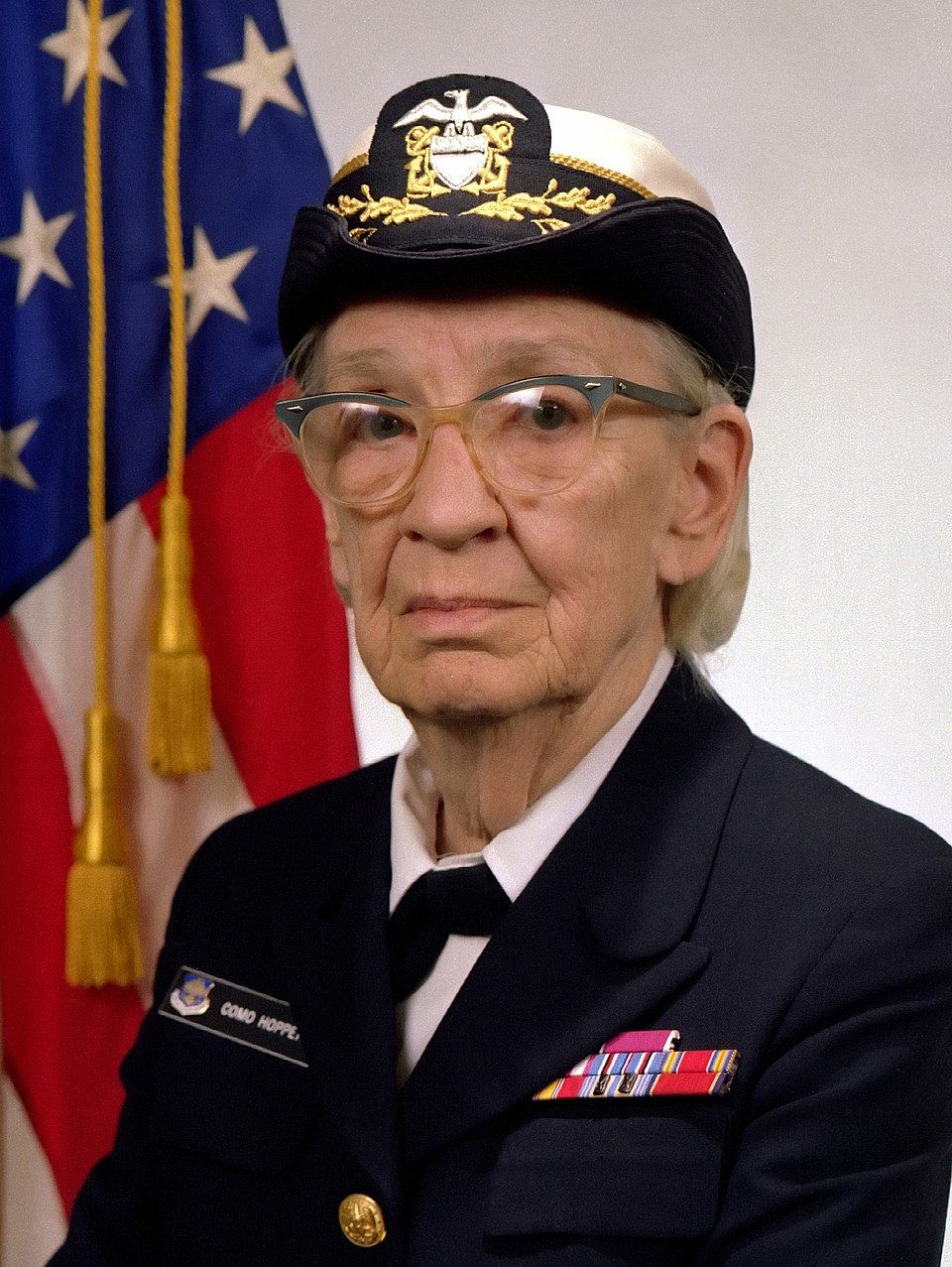
Rear Admiral Grace Hopper pioneered computer programming by developing the first compiler that translated English instructions into machine code. Her work led directly to the COBOL language, still in use in business systems today. Hopper coined the term debugging after removing a real moth from a relay, and she devoted decades to training new generations of programmers. Despite her transformative impact on computing, her name is often unknown outside tech circles. Hopper’s inventions laid the groundwork for modern software and digital communication in everyday life.
8. Deborah Sampson
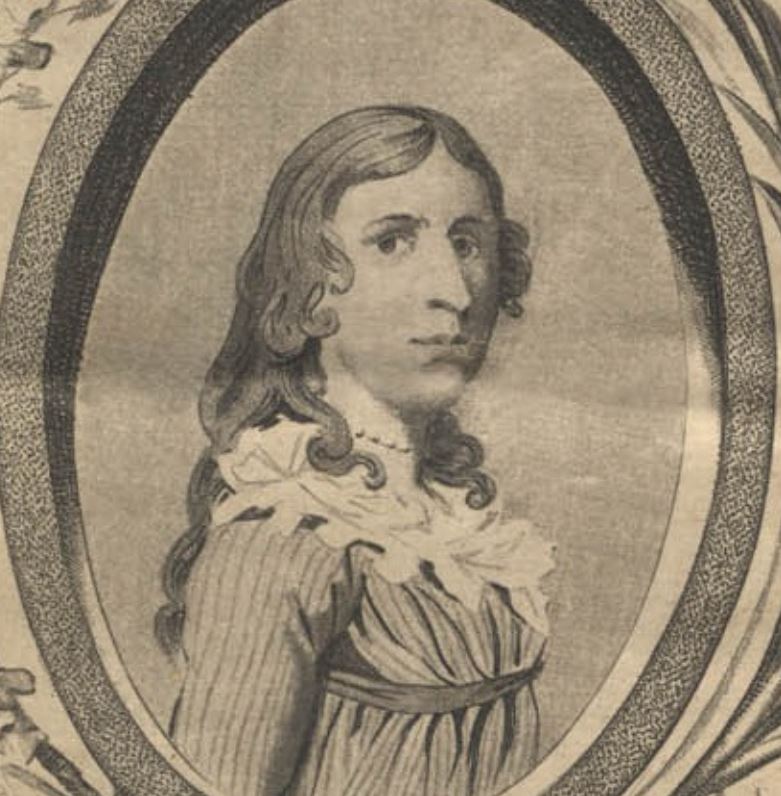
Disguised as a man named Robert Shurtliff Deborah Sampson enlisted and fought in the Continental Army. She saw combat, was wounded twice, and treated her own injuries to keep her identity hidden. After her service she successfully petitioned for veteran benefits, becoming a rare example of female military recognition. Sampson’s story challenged strict gender roles and inspired early advocates for women’s rights. Recent scholarship celebrates her courage and resilience, highlighting her as a pioneering figure in American military history and gender equality.
9. Bernice Sandler
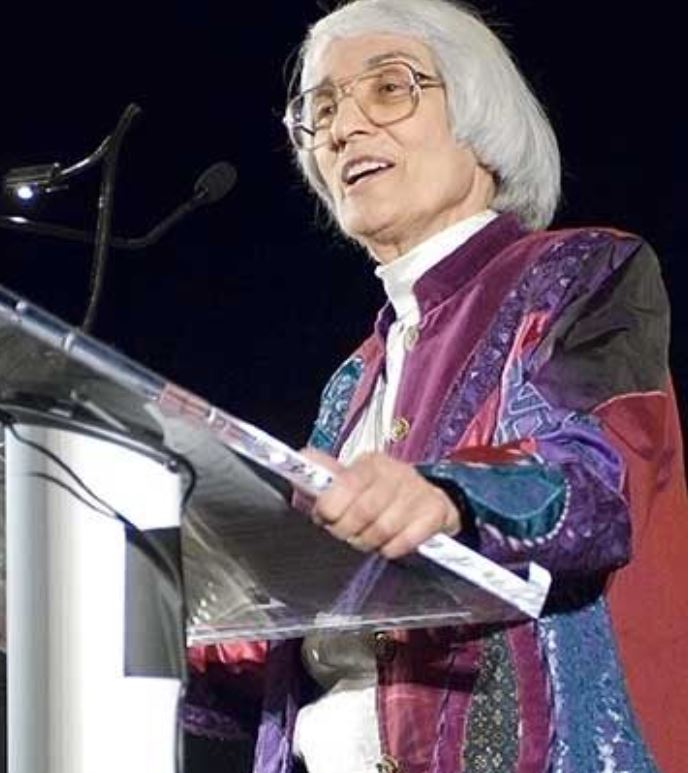
Bernice Sandler’s advocacy led to the enactment of Title IX in 1972, a landmark law banning gender discrimination at educational institutions receiving federal funds. Known as the Mother of Title IX, she exposed widespread bias in university programs and sports. Her persistent lobbying and legal work opened academic and athletic opportunities for millions of women. Despite transforming American campuses, her name rarely appears in standard histories. Sandler’s leadership reshaped education, ensuring equal access and setting a precedent for future civil rights protections.
10. Phillis Wheatley
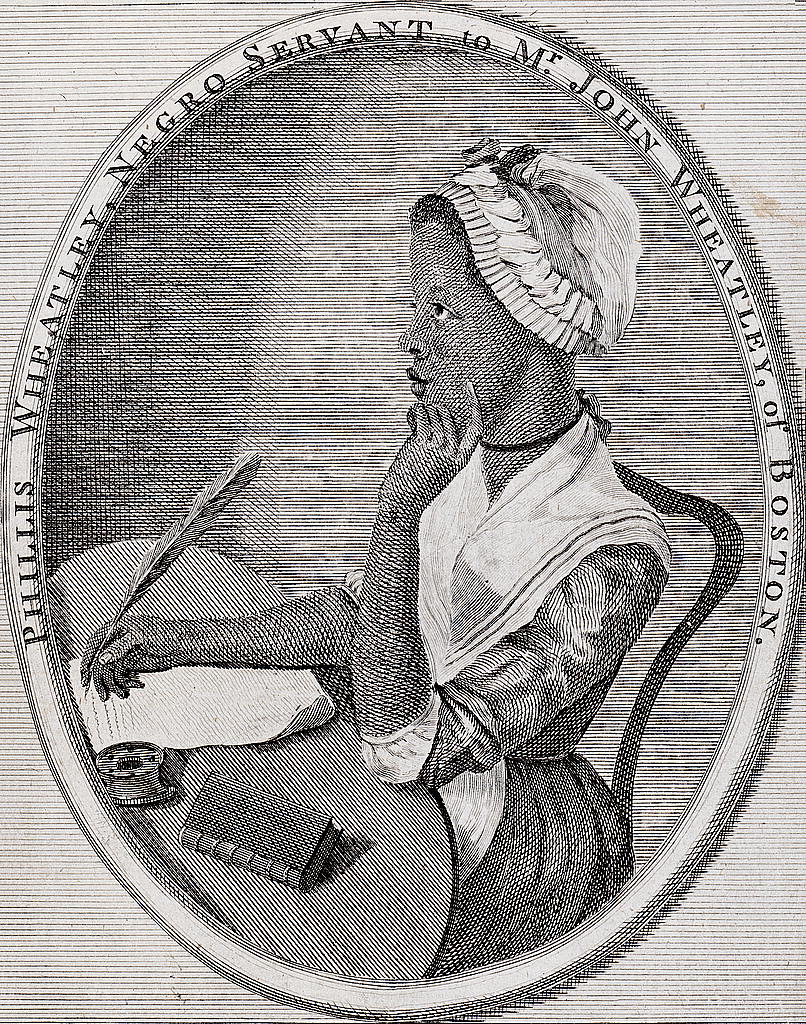
Phillis Wheatley became the first African American and one of the earliest women in America to publish a book of poetry in 1773. Kidnapped into slavery as a child, she mastered English and classical languages, corresponding with prominent thinkers. Her collections challenged prevailing racist beliefs by showcasing eloquence and intellect. Wheatley’s work inspired abolitionists and broadened public views on human potential. Although her poems once sold widely, her name fell into obscurity. Today her writings are rediscovered as some of early America’s most powerful reflections on freedom and dignity.
